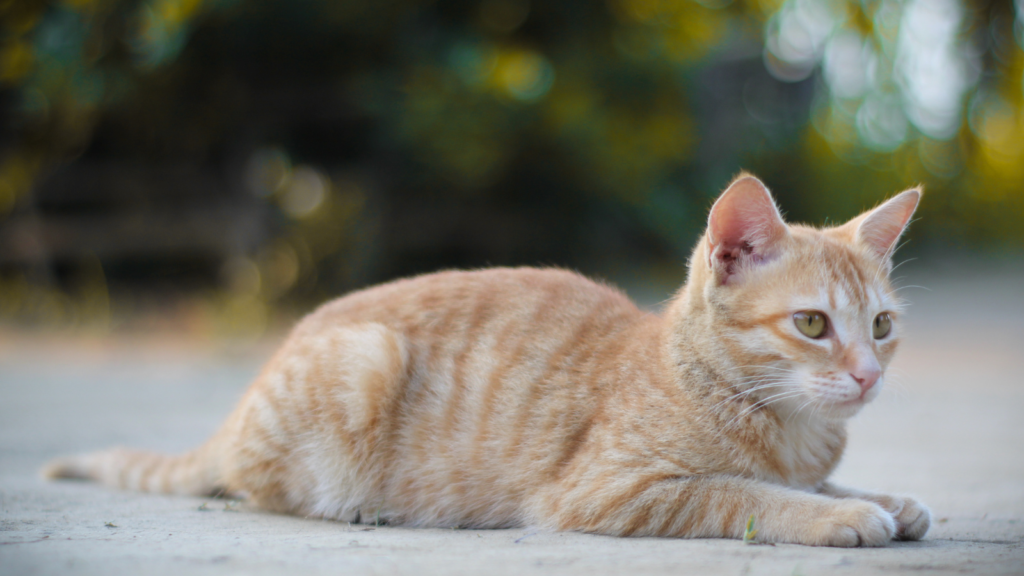If your cat has suddenly started missing the litter box or crying while urinating, they might have developed a feline urinary tract infection (UTI). All Aboard Animal Hospital knows that urinary issues can be distressing for both pets and their people. We want to help pet owners like you recognize the signs of a UTI in cats and know when your feline companion needs medical attention.
Signs of a Urinary Tract Infection in Cats
A urinary tract infection most often occurs when bacteria enter the bladder or urethra, leading to inflammation and discomfort. While UTIs are more common in older cats, female cats, and those with underlying conditions, any cat can be affected. Your feline pet may have a UTI if they show signs like:
- Straining to urinate or taking frequent trips to the litter box
- Crying or vocalizing while urinating
- Urinating outside the litter box
- Blood in the urine
- Excessive licking of the genital area
- Strong-smelling or cloudy urine
- Lethargy or changes in behavior
If your cat shows any of these signs, it’s time to call the vet. Delaying treatment can lead to more serious issues like bladder inflammation. Some of these signs are also present in urinary blockages, which can be especially life-threatening for male cats. Make sure to call for an urgent vet visit right away if your cat has any urinary issues.
Treatment for Cats with a UTI
The good news is that most feline UTIs respond well to treatment. Once your veterinarian confirms the infection, they may recommend a course of antibiotics, anti-inflammatory medication, and/or increased fluid intake (via diet or hydration support). If the infection recurs or doesn’t improve, the veterinarian may recommend further tests to rule out other urinary conditions or underlying health issues.
Preventing Future Feline UTIs
While not all UTIs can be prevented, you can lower the risk by:
- Providing fresh water daily (consider a cat water fountain)
- Feeding wet food or adding water to meals
- Keeping the litter box clean and accessible
- Scheduling routine urine testing during annual vet visits
UTIs vs FLUTD: What’s the Difference?
While UTIs are caused by bacterial infections, many feline urinary issues fall under Feline Lower Urinary Tract Disease (FLUTD), a broader term that includes various non-infectious urinary problems, such as bladder stones, urethral obstructions, or feline idiopathic cystitis (FIC). A veterinarian will perform testing to try and determine the cause of your cat’s urinary issues. However, sometimes treating the symptoms of urinary distress can be more important than finding the cause if a diagnosis is difficult to reach.
Treating Cat Urinary Tract Infections in Pompano Beach, FL
UTIs are uncomfortable and sometimes dangerous, but they’re treatable, especially when caught early. If your cat is showing signs of urinary distress, don’t wait to contact a veterinarian. All Aboard Animal Hospital treats urinary issues in cats from Pompano Beach, FL and surrounding areas like Fort Lauderdale, Lighthouse Point, and Oakland Park. Think your cat might have a UTI? Schedule an appointment for your pet.

